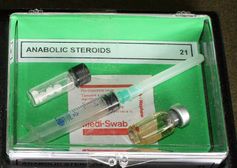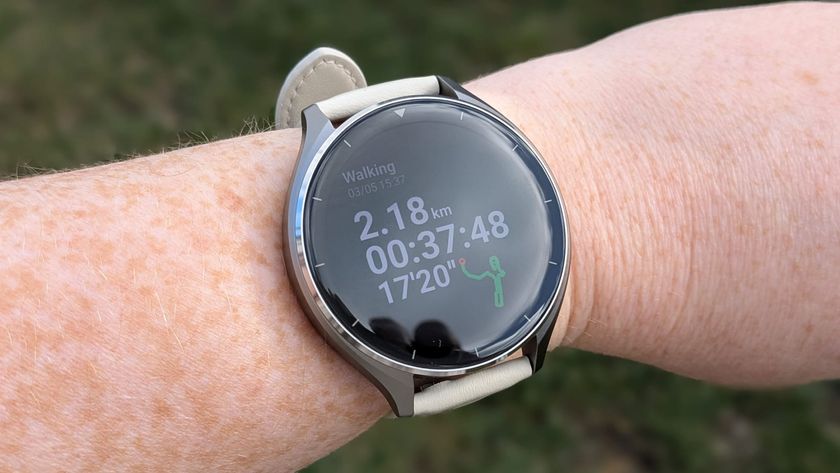
One Thing Steroids Won't Do? Make You Popular

This article was originally published on The Conversation. The publication contributed this article to Live Science's Expert Voices: Op-Ed & Insights.
Performance enhancing or doping substances such as anabolic steroids and erythropoietin, a hormone that enhances the production of red blood cells and increases oxygen consumption in the body, are no longer confined to the realm of competitive sports and increasingly now used by the mainstream.
The most popular doping substance appears to be anabolic steroids, and while users of anabolic steroids can experience benefits such as enhanced strength, stamina and body image – along with increased confidence and self-esteem – anabolic steroid use has been linked to various physical and psychological syndromes and adverse effects, including suicide and premature death.
However, the negative effects of anabolic steroid use transcend the individual user’s physical and mental health into society.
Wider social problem
The use of anabolic steroids has major negative effects on families and society. Anabolic steroids use has been associated with increased aggression and violent behaviour. And although the association between anabolic steroid use and criminal behaviour is still unclear, a recent population-based study in Sweden found that people who had used anabolic steroids were more likely to have been convicted for a criminal offence.

Today, anabolic steroids are easily accessible. People can buy anabolic steroids from the internet without having to engage with the traditional sporting communities as was previously the case. This development seems to be attracting different sub-populations of users such as those with underlying mental health problems or vulnerabilities.
There are the stories that crop up in the media of so-called “roid rage” and at the extreme are cases like mass-killer Anders Behring Breivik, who despite his mental health and social problems, easily obtained anabolic steroids from the internet and wrote about them in his “manifesto”, discussed various anabolic steroids and even recommended websites and shops where readers could purchase them.
Sign up for the Live Science daily newsletter now
Get the world’s most fascinating discoveries delivered straight to your inbox.
Public perceptions
In a recent experimental study, my colleagues and I investigated the effects of perceived doping on the perceived user’s personality or social image. Participants were randomly invited to rate the personality of four protagonists based on a storyline assigned to each one. There were four variations based on what the protagonist consumed before training: food, anabolic steroids, erythropoietin, and protein powder. Each participant then gave a rating for one of these users or non-user on the five-factor model of personality, a ratings system on openness, conscientiousness, extroversion, agreeableness, and neuroticism.
We found that the non-user was rated or perceived as less neurotic compared to the anabolic steroid and erythropoietin users who had similar high ratings on neuroticism. Neuroticism has been linked to irritability, anxiety, distress, aggression and violence, and antisocial personality disorder.
Thus, our finding suggests that whether or not a user of these substances actually suffers from these “neurotic” or negative effects, the wider perception is that they do. Taking this into account, use of anabolic steroids actually harms the perception of users' personality and social image.
Most campaigns against anabolic steroids use fear campaigns highlighting the negative consequences on physical and mental health to encourage people to avoid these drugs. But these have been criticised for failing to reflect the experiences of most “healthy” or “healthy-looking” users.
A recent review suggested this approach can be less effective than messages based on social disapproval. Our finding that anabolic steroid use harms the perception of users' personality and social image could be brought to the fore in efforts to counter the rise in use of these drugs.
This article was originally published on The Conversation. Read the original article. Follow all of the Expert Voices issues and debates — and become part of the discussion — on Facebook, Twitter and Google +. The views expressed are those of the author and do not necessarily reflect the views of the publisher. This version of the article was originally published on Live Science.











